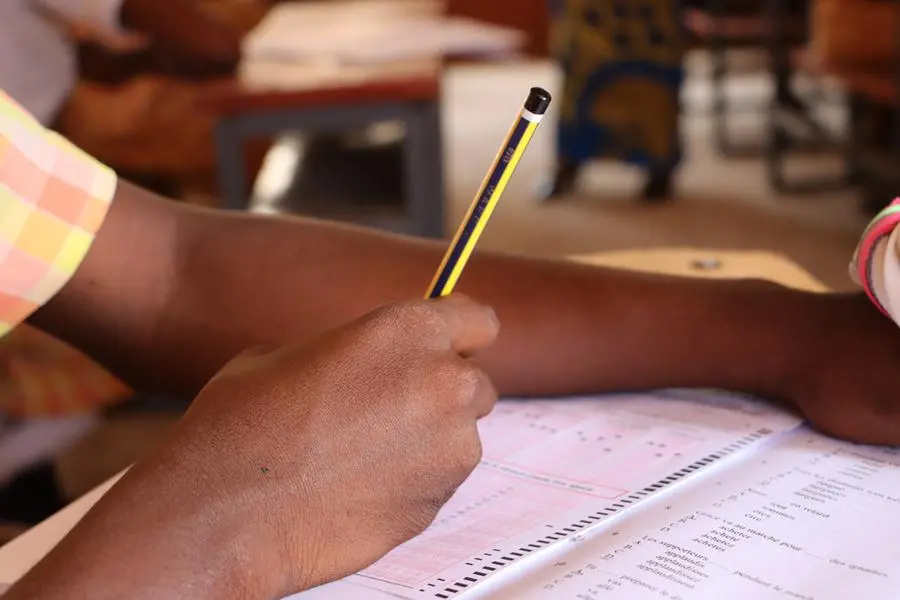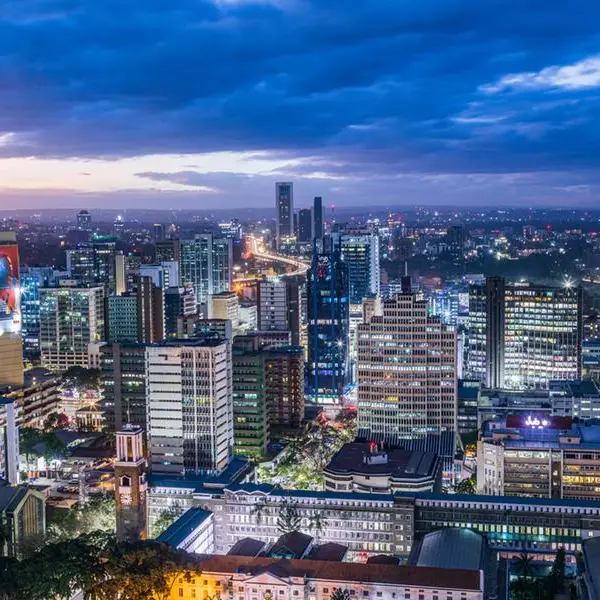PHOTO
The teacher shortage in public primary schools in Nigeria has risen to 194,876, the Universal Basic Education Commission (UBEC) has revealed.
This acute scarcity of teachers at the public basic education level was contained in the 2022–2023 UBEC National Personnel Audit report.
The leadership of the Nigeria Union of Teachers (NUT) has expressed deep concerns about the development, calling on stakeholders, particularly the state governments, to act fast to reverse the trend.
Related PostsNUT warns members against collection of illegal feesLagos teachers laud new digital teaching guideTeachers morale low in Oyo, NUT may embark on indefinite strike Monday
Findings have indicated that some public primary schools, particularly those in rural areas, had as few as two to three teachers because many state governments have not recruited teachers for a long time.
The NPA report seen by the Nigerian Tribune indicated that of the 694,078 teachers required at the primary school level, 499,202 are available, leaving a gap of 194,876.
At the levels of Early Childhood Care Development Education (ECCDE) and junior secondary schools, however, they appeared to have more teachers than they required.
According to the report, this inadequate supply of qualified teachers at the primary school level is contributing to learning poverty in basic education in Nigeria.
According to the report, ECCDE had an enrollment figure of 3,348,112 and required 133,924 teachers but had 257,695 teachers, an excess of 123,771 teachers.
At the level of junior secondary school (JSS), students enrolled in about 5,674,796 and required 141,876 teachers, but had 223,387 teachers and an excess of 81,517.
“The problem here lies with their skewed deployment in favour of schools in urban centres.
“Teachers play a very important role in the teaching and learning process. Their number and quality significantly contribute to improved learner performance.
“There were 1,686,535 teachers in the basic education sub-sector in 2022. 354651 were in ECCDE, 915,596 in primary, and 416,291 in junior secondary schools.
“ECCDE teachers increased by 123.5°C, from 43,368 in 2018 to 96,956 in 2022. On the other hand, the number of public primary and junior secondary schools decreased by 21.0% in 2023.
“Above suggested that state governments are not recruiting new teachers and not replacing those who left service for one reason or another. This has contributed to the rise of one-teacher schools in rural schools and the under-engagement of learners,” the report noted.
Stakeholders have expressed concerns about the development, especially against the backdrop of “japa” syndrome and the poor welfare of teachers in Nigeria, where qualified teachers are being driven away from the profession into more lucrative vocations.
The concerns about the scarcity of qualified teachers in Nigeria were also raised by the United Nations Children’s Fund (UNICEF) when it was noted in a report that in the North-East, the teacher-to-student ratio is 1:124. The region hosts the highest population of out-of-school children.
The President of the Nigeria Union of Teachers (NUT), Comrade Audu Titus Amba, lamented that many state governments have not recruited teachers in the last 10 years, saying this was in addition to numerous obstacles besetting Nigerian teachers in their quest to impart knowledge, instil values, and bequeath skills to the next generation.
He said effective teaching and learning could not take place where teachers are inadequate.
“May I make bold to assert that education is the bedrock of societal progress and economic prosperity? It is the catalyst for social mobility and the key to unlocking the full potential of our nation.
“Therefore, it is incumbent upon us to ensure that every child has access to quality education, regardless of their background, circumstances of birth, or creed.
“To achieve this noble goal, we must first recognise and acknowledge the invaluable contribution of teachers to the social cohesion that networks the fabrics of our society.
“Teachers are not mere instructors; they are mentors, guides, and nurturers of young minds. They hold the power to inspire, motivate, and shape the future leaders of our nation,” he said.
Copyright © 2022 Nigerian Tribune Provided by SyndiGate Media Inc. (Syndigate.info).





















